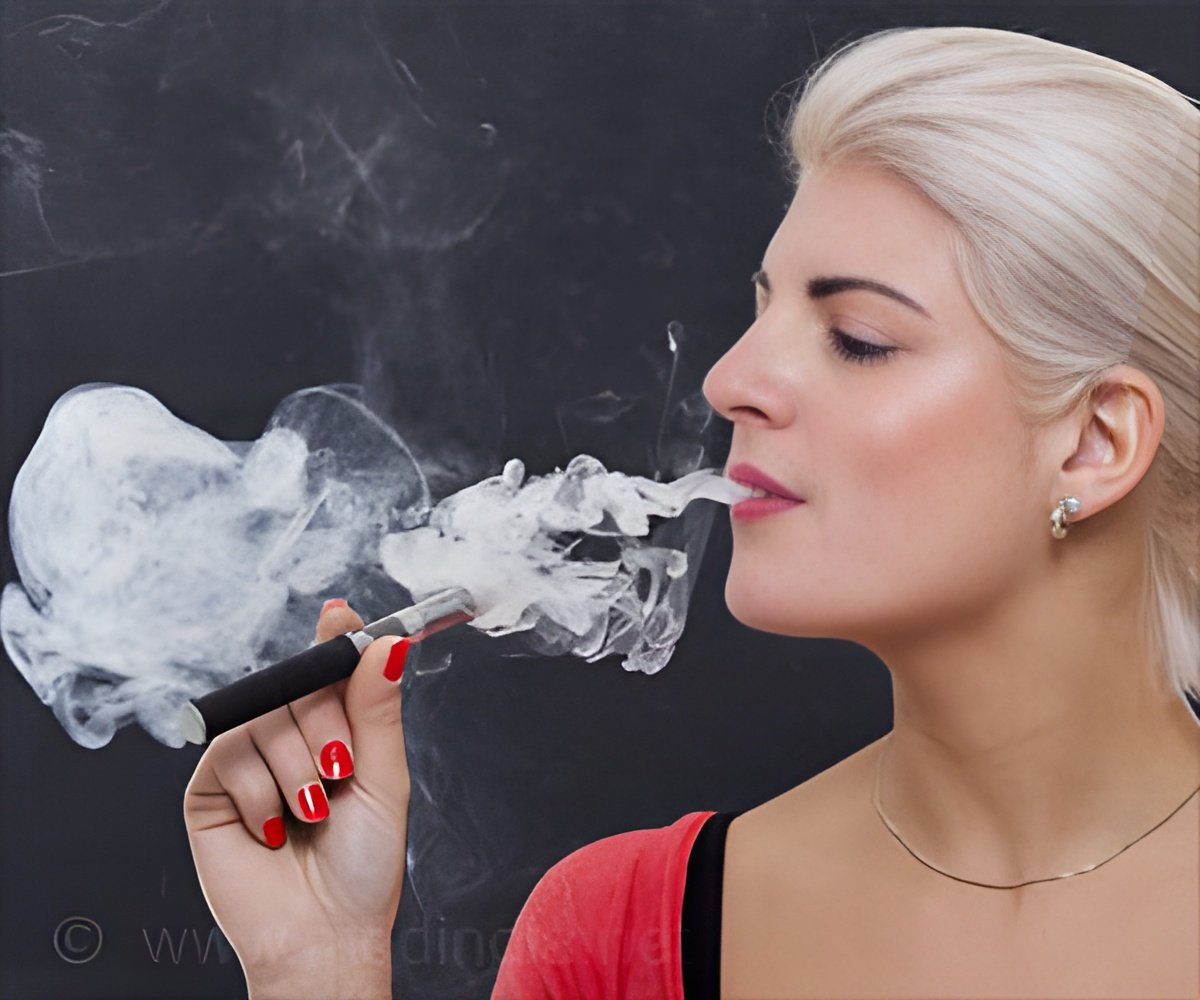Banning non-menthol flavors like fruit and candy could reduce use of most tobacco products across the globe, especially among adolescents.

‘Flavors for most tobacco products have a universal and rather strong appeal to youth and young adults.’





"This review shows that non-menthol flavors in most tobacco products appear to play a vital role in how users and even non-users perceive, use and continue using tobacco products," said Adam Goldstein, MD, MPH, a UNC Lineberger member, professor in the UNC School of Medicine Department of Family Medicine, and senior author of the study. "Increasingly, countries around the world are interested in - and some have started -- regulating or banning non-menthol flavors as a way to cut tobacco consumption. This research supports expansion and acceleration of that movement." The U.S. Food and Drug Administration banned flavored tobacco cigarettes - with the exception of menthol-and-tobacco-flavored cigarettes - in the United States in 2009. The European Union and other governing bodies have taken actions against some flavored products. However, non-menthol flavored tobacco products are still legally sold and marketed in most countries around the world, researchers report, and these products have increased in popularity in recent years, especially among youth and young adults.
While the FDA ban applied only to cigarettes, the agency extended its authority over products like cigarillos, cigars, hookah and e-cigarettes in May, and banned the sale of these products in the United States to minors. The agency has not banned non-menthol flavors for these other products, but agency officials have indicated they intend to issue a proposed product standard that, if finalized, would eliminate characterizing flavors in all cigars, including cigarillos and little cigars.
"We found that flavors for most tobacco products have a universal and rather strong appeal to youth and young adults, and that they were perceived as less harmful among younger people," said the study's first author Li-Ling Huang, PhD, a research collaborator at UNC Lineberger.
For instance, studies in Brazil, Canada, the United Kingdom and the United States among girls and young women found that cigarette packs without flavor descriptors had lower perceptions of taste, and in three of the studies, removing flavor descriptions reduced the products' appeal. A study in the United Kingdom found adolescents viewed e-cigarettes with cherry and candy flavor descriptions as less harmful than tobacco flavored e-cigarettes.
Advertisement
The use of flavored tobacco products, such as cigarettes and cigars, appears to be associated with lower quit intentions among adolescents and women. A small number of studies among adults, including one funded by an e-cigarette advocacy group, found that the availability of flavors was important to adults' reported attempts at quitting e-cigarettes.
Advertisement
The researchers indicate that while many studies have been done to investigate these important issues, more are needed that track people's behaviors and perceptions over time when they have been exposed to flavors. Research is also needed on the use of tobacco products in countries that have banned non-menthol flavored products.
Source-Eurekalert












